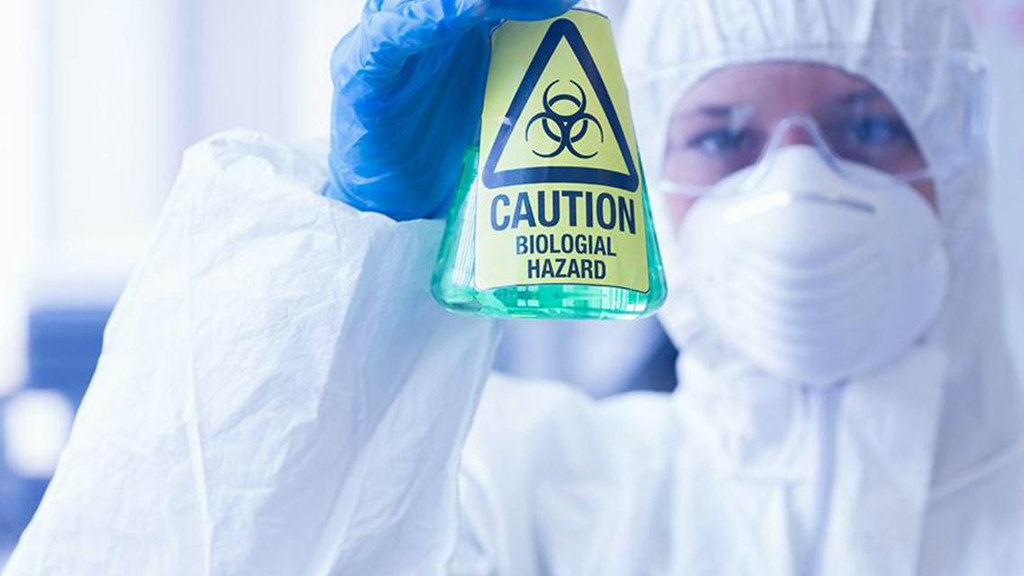Against the backdrop of horrific scenes revealing the atrocities of chemical warfare in Syria, researchers within the Biochemical Security 2030 Project at Bath suggest that more action must be taken to ensure against the use and development of illegal weapons, now and in the future.
In particular they argue that there is a need to ensure that developments in cutting-edge science and technology do not undermine regulatory frameworks at national and international level.
At a major event taking place at the University, experts will have the opportunity to discuss new ways to prevent the development of chemical and biological weapons in a UK context, with a focus on the role of universities, their relationships with regulators and the potential role for regional awareness raising and best practice sharing networks.
Principal Investigator, Professor David Galbreath from our Department of Politics, Languages & International Studies, explained: “The scientific revolution in biochemical convergence poses both opportunities and challenges in thinking about where insecurities and public hazards lie. This project looks at how biochemical science has evolved and forecasts how this will impact on national security issues. We are working with scientists, universities and the security services to improve national resilience against the misuse of this science.”
Research Officer, Brett Edwards, added: “There are long standing norms, as well as legal frameworks at national and international levels designed to prevent individuals from developing and using chemical and biological weapons in warfare and to prevent terrorists from acquiring and using such weapons. The importance of such norms and frameworks however is unfortunately only made clear, periodically, to the public.”
The group at Bath, whose work falls under the Research Councils UK ‘Global Uncertainties Initiative’, brings together academics and policy makers to improve understanding and interventions against biological and chemical weapons.
For a range of high-profile policy briefs compiled by the group see http://biochemsec2030.org/policy-outputs/.
To find out more about the event and register to attend email bwie20@bath.ac.uk or visit http://biochemsec2030.org/2014/02/26/regionalmeeting1/.
Follow the debate on Twitter through #biochemsec / https://twitter.com/biochemsec2030.
If you found this interesting, you might also like:

